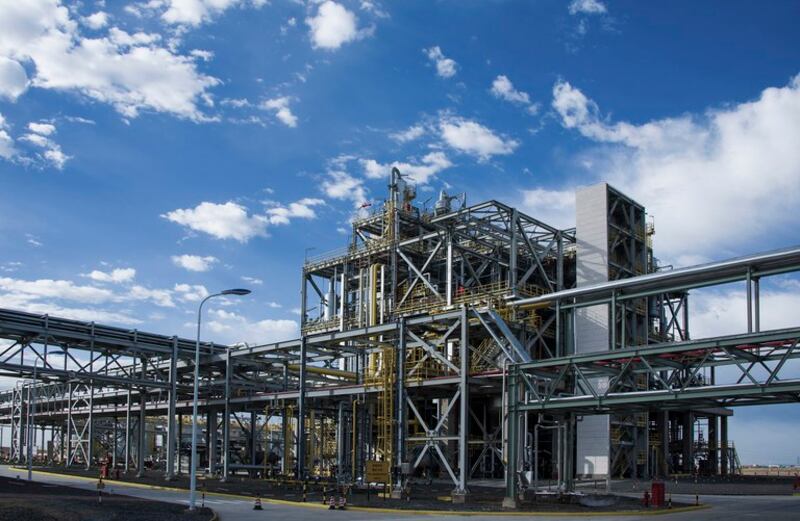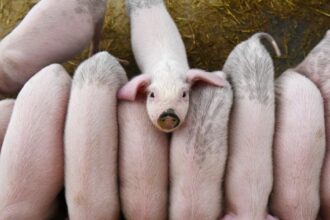German chemical giant BASF said Tuesday it has divested shares of its joint ventures in China’s Xinjiang region, a move welcomed by Uyghur activists concerned over used of forced labor there.
Since late 2023, BASF announced its intention to divest its shares in BASF Markor Chemical Manufacturing and Markor Meiou Chemical in Xinjiang’s Korla region. German media had alleged its local partner was involved in human rights abuses in Xinjiang.
BASF said Tuesday in a statement that the buyer was Verde Chemical Singapore Pte. Ltd. which is majority controlled by Verde Ventures SGP, a Singapore-registered company. Both parties have agreed not to disclose financial details of the transaction completed Monday, it said.
BASF has previously said its audits had not found any evidence of human rights violations in the two joint ventures, but that published reports contained “serious allegations that indicate activities inconsistent with BASF’s values.”

The German newspaper Handelsblatt published a report in November 2023 alleging BASF-Markor’s shareholder, Zhongtai Group in Xinjiang and its subsidiary Zhongtai Chemical, were using Uyghur slave labor. The U.S. government, which has blocked imports from Xinjiang unless proven they were not made with forced labor, has included Zhongtai Group and Zhongtai Chemical on a sanctions list.
On Tuesday, Rushan Abbas, executive committee chair for the World Uyghur Congress, an advocacy group for the global Uyghur diaspora, described BASF’s withdrawal as “a significant step towards corporate accountability in the face of modern slavery.”
“We urge other multinational corporations to follow suit,” she said.
The U.S. government has determined that persecution of Uyghur Muslims in Xinjiang amounts to genocide. A law passed in 2021 makes it illegal to import products used Uyghur forced labor into the United States.
Last November, the other major German investor in Xinjiang, automaker Volkswagen, sold its operations there. Activists and experts had accused VW of allowing the use of Uyghur slave labor at the its joint-venture plant with Chinese state-owned company SAIC Motor Corp. in Urumqi, Xinjiang’s capital.
Edited by Mat Pennington









